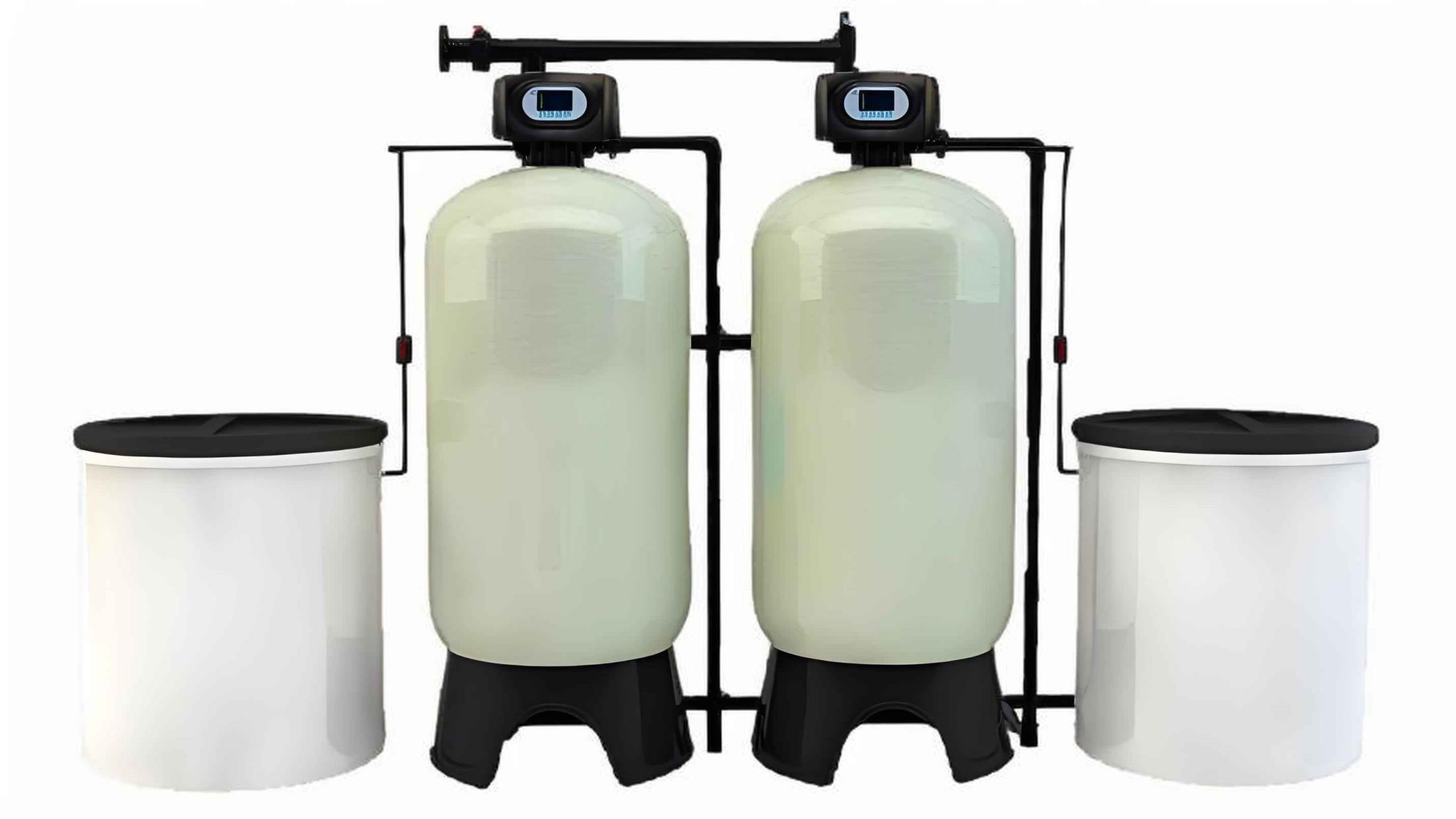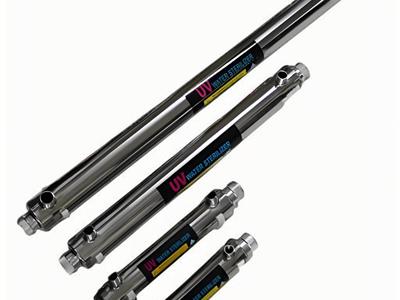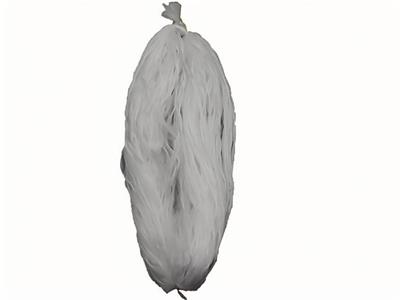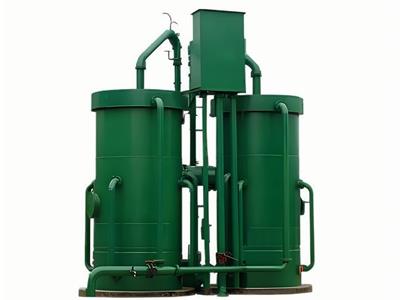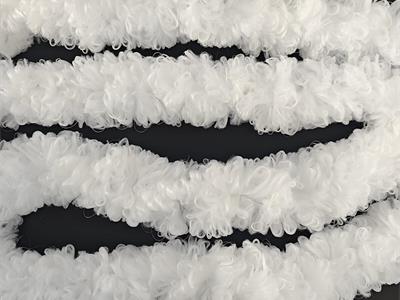- 2025-07-14
Water Softener
Water Softener System
Through an ion exchange process, a water softener system removes magnesium and calcium ions from the water by replacing them with sodium ions. When hard water enters a mineral water tank, it encounters a layer of resin beads that absorb mineral ions, effectively releasing the sodium ions.
Excessively hard water can clog pipes and damage boilers, heat exchangers, and many other devices. A water softener system prevents these negative effects. Hard water increases the risk of scale deposits in industrial, commercial, and domestic water systems.
Water softener systems are able to operate at maximum power for up to 20 years. Our water softeners are designed for maximum durability and reliability, minimizing the risk of system failure.
Benefits of a water softener system:
Prevents scale from accumulating in your home, business, industrial facility
Extends the life of your equipment or appliances (by eliminating scale)
Provides more comfort for those who are exposed to hard water and experience adverse symptoms such as itchy skin, hair discoloration, etc.
Automatic regeneration (timed or metered)
FupengWater has more than 20 years of experience as a global supplier of water softener systems, with products widely used in a wide range of industries. Our team provides water softening solutions for industrial, commercial, and residential areas that require water hardness reduction. Low cost, high reliability, and long-term durability make the water softener systems produced by FupengWater considered the best in class.
Water that is too hard can clog pipes and damage boilers, heat exchangers, and many other devices. Water softener systems can prevent these negative effects. Hard water increases the risk of scale deposits in industrial, commercial, and domestic water systems.
Due to the accumulation of scale, pipes can become clogged and the efficiency of hot water boilers and hot water tanks can also decrease, which can increase the cost of domestic hot water by about 15% to 20%.
Another negative effect of scale is the damage it can cause to commercial machinery, such as washing machines. Softening water with a water softener system can extend the life of each machine. It also improves the working performance and life of solar heating systems, air conditioning units, and many other systems that rely on water.
What does a water softener do?
Industrial water softener systems are ion exchangers that are specifically designed to remove positively charged ions.
Softeners primarily remove calcium (Ca2+) and magnesium (Mg2+) ions. Calcium and magnesium are often referred to as "hardness minerals." Softeners are sometimes even used to remove iron from water.
Softeners are capable of removing up to five milligrams per liter (5 mg/L) of dissolved iron and can be operated automatically, semi-automatically, or manually. Each type of softener is rated according to how much hardness it can remove before it needs to be regenerated. Commercial water softeners collect hardness minerals in their conditioning tanks and flush them out from time to time.
When an ion exchanger is used to soften water, it replaces the calcium and magnesium ions in the water with other ions, such as sodium or potassium. The exchange ions are added to the ion exchanger reservoir in the form of sodium and potassium salts (NaCl and KCl).
How long does a water softener last?
A good water softener supplier will provide a system with a lifespan of up to 15 years. Water softeners supplied in the early 2000s may still be in use today, and many require little maintenance other than the occasional addition of salt.
While water softeners are not designed to last forever, they are designed to last. FupengWater's water softener systems are designed to last up to 20 years, making our systems some of the most durable designs on the market.
How often should salt be added to the softener?
Salt is usually added to the water tank during softener regeneration. The more frequently the softener regenerates, the more often salt needs to be added. Water softeners are usually checked twice a month, and the salt level should always be at least half full to ensure satisfactory soft water production.
Other Benefits of a Water Softener System
Water softener suppliers such as FupengWater produce high-quality softening systems that ensure softer, cleaner clothes by removing minerals that cause hardness in clothes, such as calcium and magnesium. Benefits of these systems include:
Longer life for appliances such as dishwashers, washing machines, and water heaters.
Significant cost savings, reducing the need for commercial chemicals and cleaning products
Reduce water spots
Reduce maintenance costs
Reduce water and energy consumption
Applications for water softener systems:
Food and beverage
Streaky car wash
Restaurant water treatment
Hospital water treatment
Laundry

